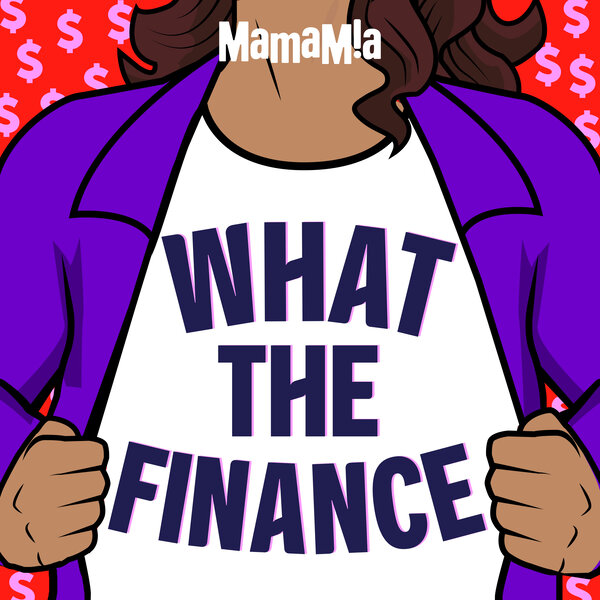From university to home ownership, through to parenthood and old age, there are several periods throughout a person’s life that will be more expensive than others.
But now a definitive age has been pinpointed as the single most expensive 12 months.
And if you’re about to face it, well, we’re sorry for you and your bank balance in advance.
According to finder.com.au‘s Money Expert Bessie Hassan, 33 is the magic (or cursed, depending on how you look at it) age at which the average Australian is likely to have the most expenses and debt in their life.































































































